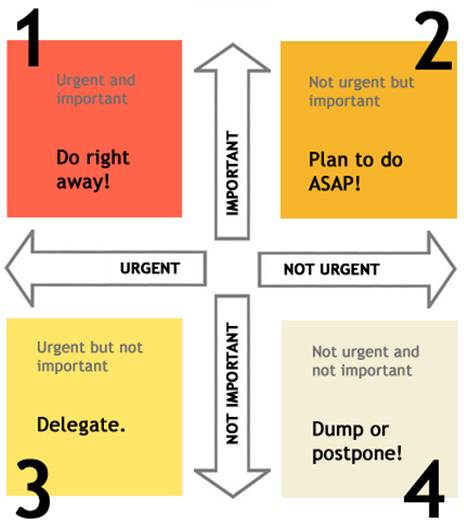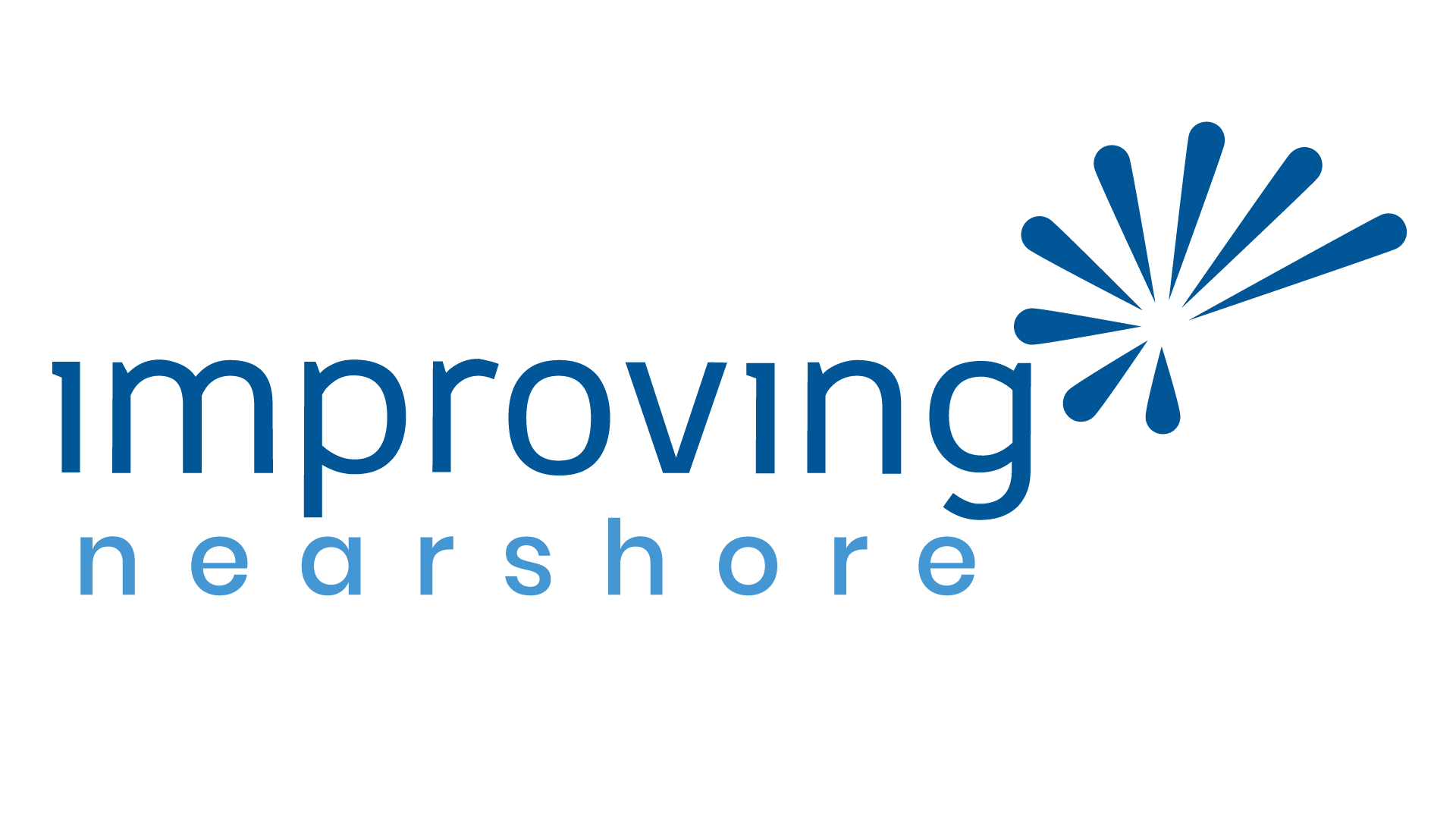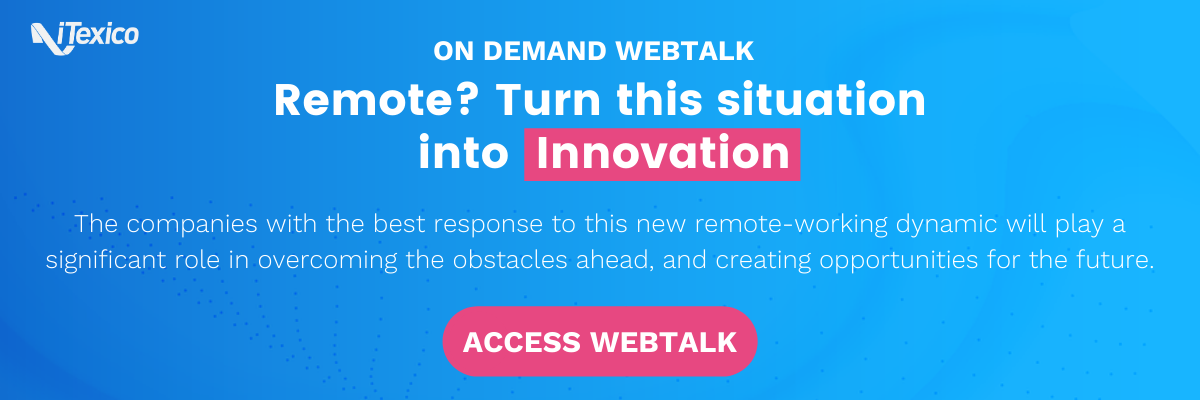How To: Time Management in Software Development and Project Management
Initially, time management referred to just business or work activities. However, the term has broadened to include personal activities as well. The definition of time management is “the process of planning and exercising conscious control over the amount of time spent on specific activities, especially to increase, effectiveness, efficiency, or productivity.” -Stephen Covey
During my experience in software development, I have come across some issues that can be considered like the red light of software project management.
- Unrealistic project goals
- Badly defined system requirements
- Poor reporting of the project's status
- Poor communication between customers, software developers and project managers and stakeholders.
- Inability to handle the project's complexity
- Sloppy development practices
- Poor software project management
- Commercial pressures
- Inaccurate time estimation
- Management time and activities
I would like to focus this post on time management, activities, and what are the best practices to take advantage of our time. Recently, I started thinking about how many things we do every day that have the same results, both at work and in our personal lives. Here, I would like to share my understandings and what my choices are while making the best use of my time.
1. Planning & prioritizing
2. Protect your time and avoid needless distractions
3. Discipline yourself.
1. Plan activities
According to the old saying, “A stitch in time saves nine”, time management strategies are often associated with the recommendation to set personal or team goals. A timely effort focused on planning tasks will prevent more work later.
For individual tasks or goals, an importance rating must be established as well as for deadlines and priorities assigned. This process results in a plan with a task list or a schedule or calendar of daily, weekly, and monthly activities or even customized periods.
Planning and prioritizing helps us to prevent losing any task we have to do. Additionally, this also makes sure that we do the most important ones first. I want to share the Stephen Covey Matrix which can help you think about your priorities, and determine which of your activities are important, and which distractions are essential.
Use your time effectively, not just efficiently.

2. Avoid needless distractions
Distraction is the major time killer that makes us ineffective.
With innumerable distractions these days, it is very easy to be taken hold by any one of them and lose sight of all that should have stayed as a priority. Many developers will not code for 8 hours straight. Some developers say that distractions are often caused by a lack of motivation. Obviously, developers must be motivated enough (usually in some form of profit sharing) in order to do their best work, but it is wrong to assume that distractions are unethical to do good work.
In fact, some developers said that their best work comes from not thinking about a problem for a while and returning to it after being appropriately distracted. In other words, it means to get away from a problem and think about something else.
Developers frequently distract themselves when they are investigating a problem, because they finish everything on a web page that is not related to the main problem. So, get focused!
3. Discipline Yourself
Here are some helpful hints to become more focused for everyday tasks.
- Discipline yourself to know when it is time to work and when it is time to play.
- Get the proper amount of sleep and try to avoid stress.
- Inform friends and family who may try to contact you that you need some peace and quiet to complete some work and shouldn't be disturbed.
- Think ahead as to what could be a distraction and try to distance yourself from it. For example, Social media, chats, a lot of noise, and web browsing that is not related.
Planning is the starting point of time management, while identifying risks that are retrospective. Sometimes it is even more important than the planning. That is because planning is working on something uncertain, while retrospect is based on reality and intended to make improvement. So, how do we identify distractions? Track the time and see where your time is being spent the most. Our memory is unreliable to keep track of how long we spend time on the things to be done. We need to actually write it down and write it down when it happens (at the beginning or the end of the task).
About the Author
Jessica Ayala has a Bachelor in Psychology specialized in Corporate Psychology with professional experience in recruiting.





Post Your Comment Here